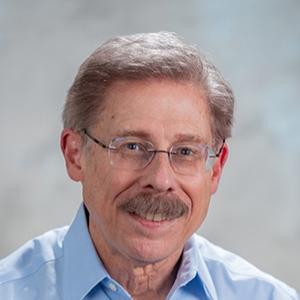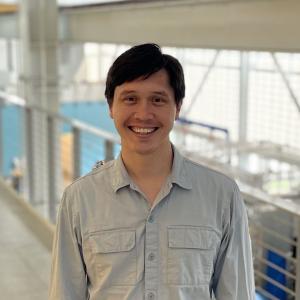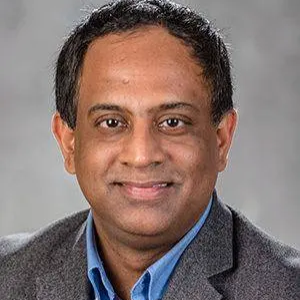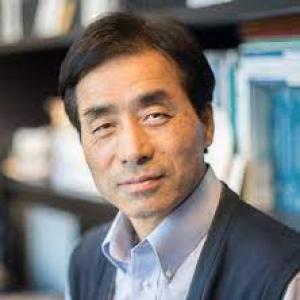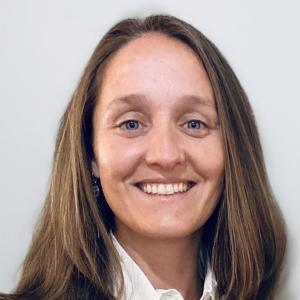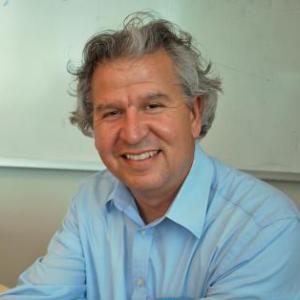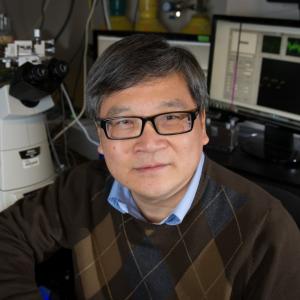Baratunde (Bara) Cola
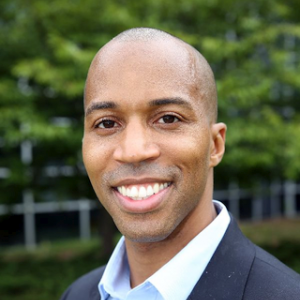
Baratunde Cola
Professor, Woodruff School of Mechanical Engineering
Baratunde A. Cola is a professor in the George W. Woodruff School of Mechanical Engineering and the School of Materials Science and Engineering at the Georgia Institute of Technology. He received his degrees from Vanderbilt University and Purdue University, all in mechanical engineering, and was a starting fullback on the Vanderbilt football team as an undergrad. Cola has received a number of prestigious early career research awards including the Presidential Early Career Award for Scientist and Engineers (PECASE) in 2012 from President Obama for his work in nanotechnology, energy, and outreach to high school art and science teachers and students; the AAAS Early Career Award for Public Engagement with Science in 2013; and the 2015 Bergles-Rohsenow Young Investigator Award in Heat Transfer from the American Society of Mechanical Engineers. In addition to research and teaching, Cola is the founder and CEO of Carbice Corporation, which sells a leading thermal management solution for the global electronics industry.
404.385.8652
Office Location:
Love 316
Carbon Nanotubes; Electronic Materials; Heat Transfer; Integrated Photonics; Nanoelectronics
IRI Connections:

